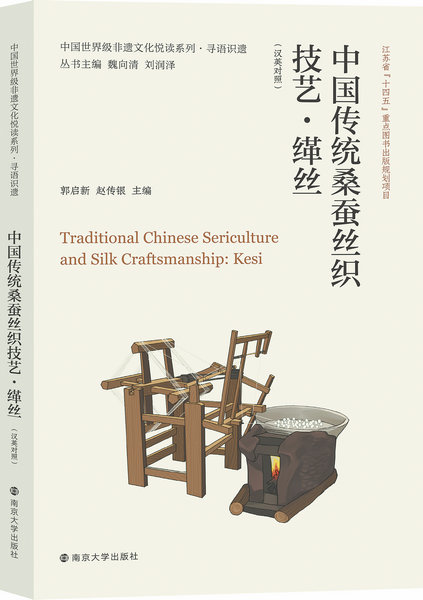

It's not only non-Chinese who can try to understand and appreciate Chinese culture. It is important for young Chinese to be interested in their own culture. It is all too easy for people to ignore or even forget their own traditions as they modernize. Series like this one has the enormous potential to help educate young Chinese in their own culture.
The books may be simple and accessible but the knowledge in them is very substantive. As a scholar who has studied traditional Chinese musical theater and written on its history, I learned a great deal from these books — technical terms, history, acting techniques, costuming and so on. These aspects of theater are highly particular to Chinese culture and they all contribute to its brilliance, but are anything but simple.

The Nanjing University Press has done a great job in putting these books together. The two main series editors, professors Wei and Liu, deserve enormous credit for their scholarly, professional and administrative work in preparing them for publication. I would also extend congratulations to the large team who assisted in writing and presenting these books.
When I say these books are beautifully presented, I have two main points in mind. The first is that they are attractive. They are easy to hold and, with their brightly colored covers, nice to look at. There are many beautifully produced pictures showing various aspects of culture.
The books are also beautiful in the way they present the relevant material. The complex stories, technical terms and other cultural factors are explained in the form of dialogues between Xiaolong and David. That makes even quite complex matters easier to grasp and more interesting. That's what these little books enable us to do, because both the Chinese-language and English-language versions are appealing and simple in style. They can be used easily as teaching materials, of a sort that makes us imbibe understanding and knowledge so smoothly that one hardly realizes they are being taught.